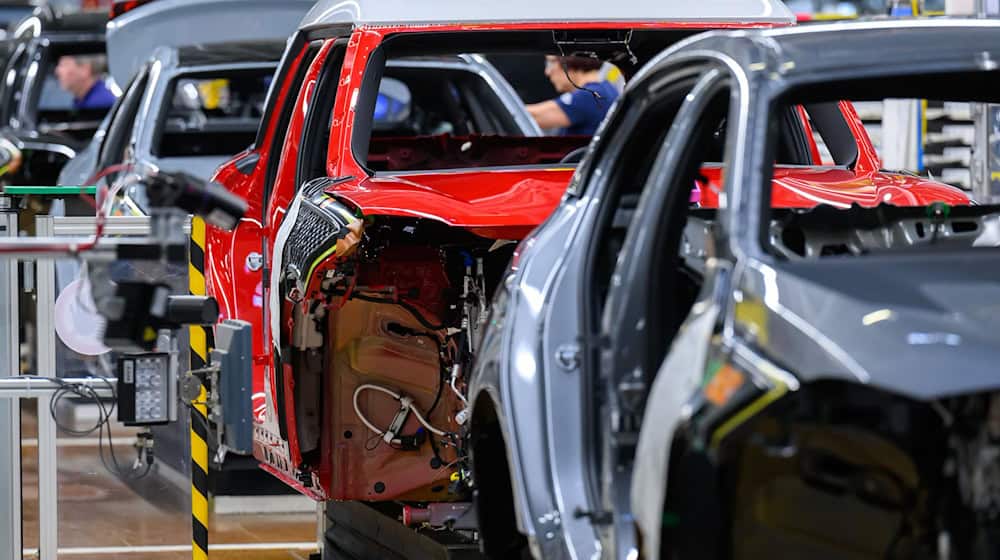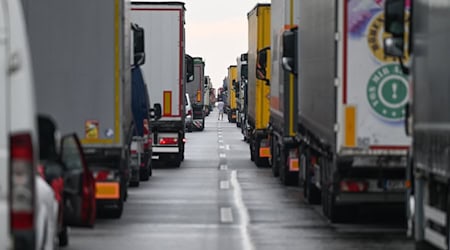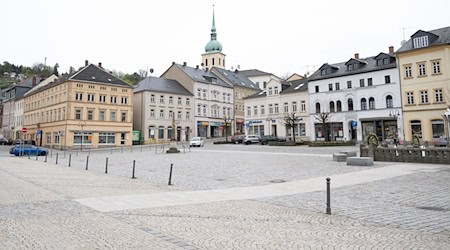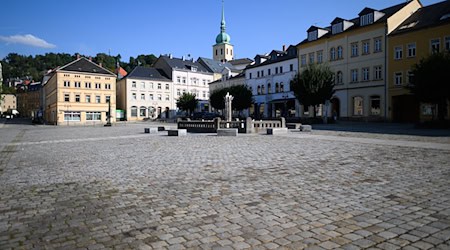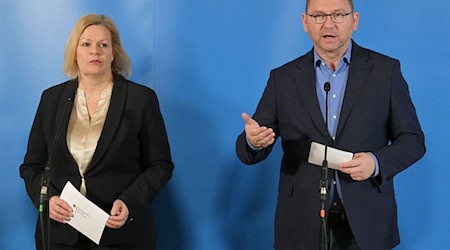The punitive tariffs on imported cars announced by US President Donald Trump are also putting the Saxon automotive industry under pressure. "The tariffs are nonsensical and also harm US consumers - but they alone are not the main problem, it's that everything seems to be hitting the German automotive industry at once," said Jens Katzek, Managing Director of the Automotive Cluster East Germany (ACOD).
Firstly, the faltering sales of electromobility, then the high energy prices, the strong dominance of Chinese competition, the growing bureaucracy and the associated costs - and now the tariffs too, Katzek listed the current burdens on the industry. At the same time, he emphasized: "The BMW plant in Leipzig is currently producing at record levels."
Trade barriers meet record production
BMW is still assessing the impact of the announced tariffs on individual plants such as Leipzig, according to its own statements. The Group emphasized the importance of free trade and spoke out against new trade barriers between the EU and the USA. "Free trade and international cooperation are of immense importance worldwide and are important drivers of growth and progress."
At the Volkswagen plant in Zwickau, the potential effect is currently considered to be limited. "Of course, the potential loss of every single vehicle due to the threat of tariffs hurts us," said company spokesman Christian Sommer. Only around five percent of annual production is destined for the US market - exclusively Audi Q4 e-tron models.
The Porsche plant in Leipzig initially did not comment on the potential impact of the tariffs.
Call for political change of course
Katzek concluded by calling for a clear political response. "We not only hope for a response from Brussels that will lead to an end to the trade conflict, but also expect that no further burdens will be placed on companies in such a tense situation." Specifically, he mentioned fewer new regulations, lower energy prices, better charging infrastructure and a real reduction in bureaucracy.
According to Katzek, around 4.1 million cars were produced in Germany last year - around 840,000 of them in eastern Germany, almost 600,000 in Saxony. 77 percent were exported, including around 450,000 vehicles worth around 26 billion euros to the USA.
Copyright 2025, dpa (www.dpa.de). All rights reserved

